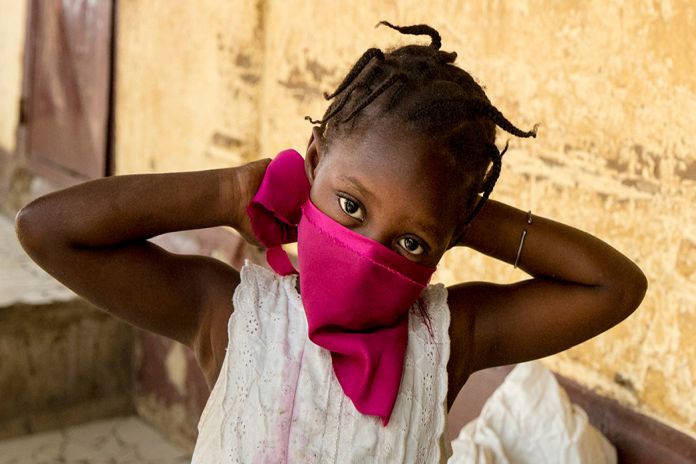By Davide Furceri, Prakash Loungani, and Jonathan D. Ostry
The COVID-19 crisis is now widely seen as the greatest economic calamity since the Great Depression. In January, the International Monetary Fund (IMF) expected global income to grow three percent; it is now forecast to fall 3 percent, much worse than during the Great Recession of 2008-09. Behind this dire statistic is an even grimmer possibility: if past pandemics are any guide, the toll on poorer and vulnerable segments of society will be several times worse. Indeed, a recent poll of top economists found that the vast majority felt the COVID-19 pandemic will worsen inequality, in part through its disproportionate impact on low-skilled workers.
Our evidence supports concerns about the adverse distributional impacts of pandemics. We find that major epidemics in this century have raised income inequality and hurt employment prospects of those with only a basic education while scarcely affecting employment of people with advanced degrees.
We focus on five major events—SARS (2003), H1N1 (2009), MERS (2012), Ebola (2014) and Zika (2016)—and trace out their distributional effects in the five years following each event. On average, the Gini coefficient—a commonly-used measure of inequality—has increased steadily in the aftermath of these events. Our measure of the Gini is based on net incomes, that is market incomes after taxes and transfers. Our results show that inequality increases despite the efforts of governments to redistribute incomes from the rich to the poor to mitigate the effects of pandemics. After five years, the net Gini has gone up by nearly 1.5 percent, which is a large impact given that this measure moves slowly over time.
Such long-lasting effects of pandemics occur due to job loss and other shocks to income (e.g. lower remittances) and diminished employment prospects. Our results show that pandemics have had vastly disparate impact on the employment of people with different levels of educational attainment, one indicator of skill levels. The disparity is stark: relative to population, the employment of those with advanced levels of education is scarcely affected, whereas the employment of those with only basic levels of education falls sharply, by more than 5 percent at the end of five years.
Policy response
While the pandemic is having an adverse effect on almost everyone in society, policies need to pay specific attention to preventing long-term damage (or “scarring”) to the livelihoods of the least advantaged in society. Without strenuous and targeted attempts, we are again likely to see an increase in inequality, which was already “one of the most complex and vexing challenges in the global economy,” in the words of the IMF’s managing director.
In concrete terms, what can be done? Access to sick leave, unemployment benefits, and health benefits is useful for all in dealing with the effects of the pandemic but particularly so for poorer segments of society who lack a savings cushion and are thus living hand-to-mouth. Such a “New Deal” is important in sectors of the economy, and in regions, where informal work and self-employment are pervasive and where social protection systems are scant. Expanding social assistance systems, introducing new transfers, boosting public work programs to offer job opportunities, giving financing opportunities to sustain employment, and progressive tax measures (perhaps through a “solidarity surcharge”)—all are likely to be part of the policy mix to take the edge off the devastating distributional consequences from the pandemic.
Policymakers must use the opportunity to make fundamental changes so that when future shocks inevitably occur, including for example from the effects of climate change, societies have in place risk-sharing and social assistance mechanisms that will protect the most vulnerable much better than they do today.
Davide Furceri is a Deputy Division Chief at the IMF Research Department. Prakash Loungani is Assistant Director and Senior Personnel Manager at the IMF Independent Evaluation Office. Jonathan D. Ostry is Deputy Director of the IMF Research Department and a Research Fellow at the Center for Economic Policy Research (CEPR).
![]()





